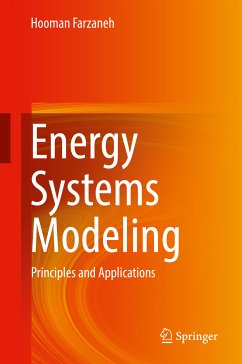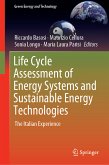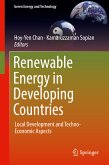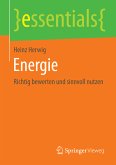This book serves as an introductory reference guide for those studying the application of models in energy systems. The book opens with a taxonomy of energy models and treatment of descriptive and analytical models, providing the reader with a foundation of the basic principles underlying the energy models and positioning these principles in the context of energy system studies.
In turn, the book provides valuable insights into the varied applications of different energy models to answer complex questions, including those concerning specific aspects of energy policy measures dealing with issues of supply and demand. Case studies are provided in all of the chapters, offering real-world examples of how existing models fit the classification methods outlined here.
The book's remaining chapters address a broad range of principles and applications, taking the reader from the basic principles involved, to state-of-the-art energy production and consumption processes, using modeling and validation/illustration in case studies to do so. With its in-depth mathematical foundation, this book serves as a comprehensive collection of work on modeling energy systems and processes, taking inexperienced graduate students from the basics through to a high-level understanding of the modeling processes in question, while also providing professionals and academic researchers in the field of energy planning with an up-to-date reference guide covering the latest works.
In turn, the book provides valuable insights into the varied applications of different energy models to answer complex questions, including those concerning specific aspects of energy policy measures dealing with issues of supply and demand. Case studies are provided in all of the chapters, offering real-world examples of how existing models fit the classification methods outlined here.
The book's remaining chapters address a broad range of principles and applications, taking the reader from the basic principles involved, to state-of-the-art energy production and consumption processes, using modeling and validation/illustration in case studies to do so. With its in-depth mathematical foundation, this book serves as a comprehensive collection of work on modeling energy systems and processes, taking inexperienced graduate students from the basics through to a high-level understanding of the modeling processes in question, while also providing professionals and academic researchers in the field of energy planning with an up-to-date reference guide covering the latest works.
Dieser Download kann aus rechtlichen Gründen nur mit Rechnungsadresse in A, B, BG, CY, CZ, D, DK, EW, E, FIN, F, GR, HR, H, IRL, I, LT, L, LR, M, NL, PL, P, R, S, SLO, SK ausgeliefert werden.









